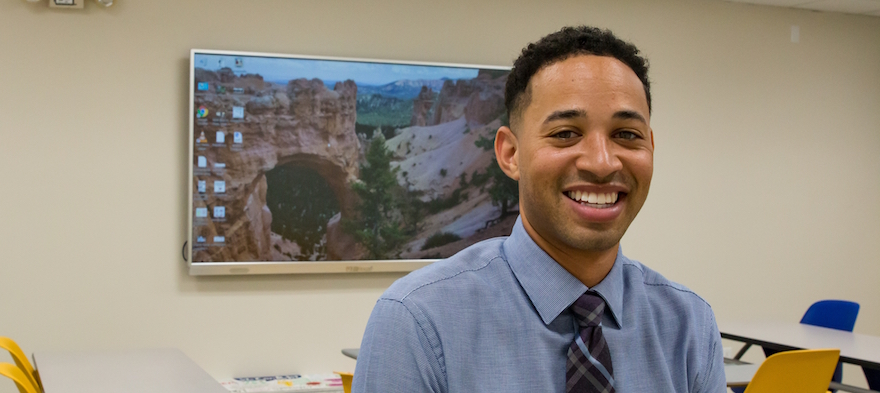
Aug 27, 2018 12:00:00 AM
Nikki Jarquin is a licensed professional school counselor in Montgomery County, Maryland. She earned her undergraduate degree in 2006 from the University of Maryland Baltimore County and her Masters in Counselor Education from McDaniel College in 2011. In June 2017 she successfully defended her dissertation titled, "An Investigation of the Effects of a Professional Development on Teacher Efficacy and Cultural Competency in Working with Latino English Language Learners" and earned her Doctor of Education with a specialization in counseling from The Johns Hopkins University School of Education. Dr. Jarquin's parents immigrated from El Salvador and she attended pubic schools for her K-12 education. She and her husband reside in Maryland and have two boys who also attend public school.
The story you tell yourself about your own math ability tends to become true. This isn’t some Oprah aphorism about attracting what you want from the universe. Well, I guess it kind of is, but...
If you have a child with disabilities, you’re not alone: According to the latest data, over 7 million American schoolchildren — 14% of all students ages 3-21 — are classified as eligible for special...
The fight for educational equity has never been just about schools. The real North Star for this work is providing opportunities for each child to thrive into adulthood. This means that our advocacy...
Your donations support the voices who challenge decision makers to provide the learning opportunities all children need to thrive.
Ed Post is the flagship website platform of brightbeam, a 501(c3) network of education activists and influencers demanding a better education and a brighter future for every child.
© 2020–2024 brightbeam. All rights reserved.
Leave a Comment